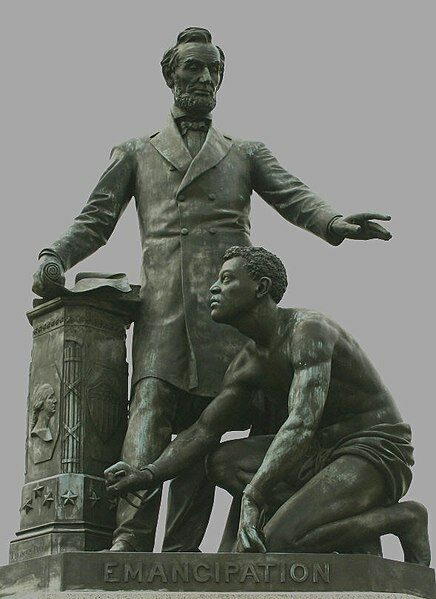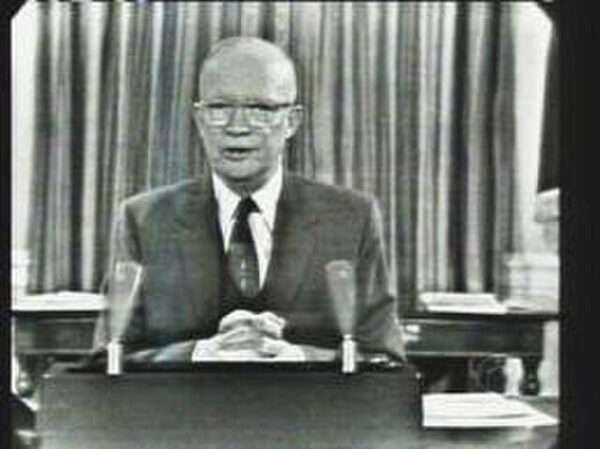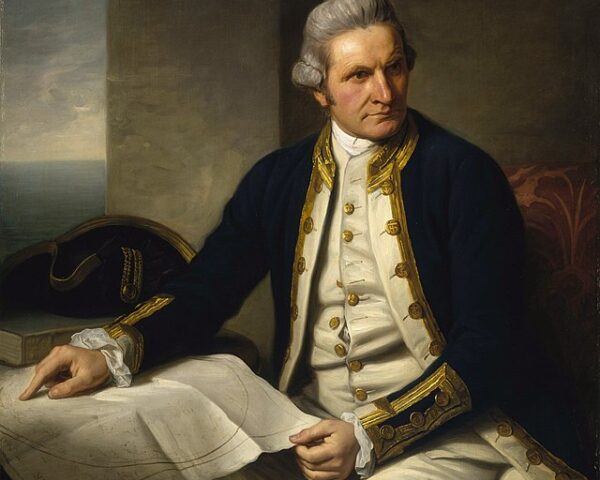December 18, 1865, Secretary of State William Seward officially proclaimed the Thirteenth Amendment ratified, officially ending slavery in the United States. Seward’s announcement was especially fulfilling to the New Yorker, who had spent much of his adult life fighting for the end of slavery.
The passage of the 13th Amendment to the United States Constitution marked a decisive step for the “new birth of freedom” discussed by Abraham Lincoln in the Gettysburg Address. Congress passed the Amendment on January 31, 1865, and enough states finally voted for ratification on December 6, 1865.
Its significance lies in its clear and unambiguous language, which declared, “Neither slavery nor involuntary servitude, except as a punishment for crime whereof the party shall have been duly convicted, shall exist within the United States, or any place subject to their jurisdiction.”
The 13th Amendment emerged during a tumultuous period in the nation’s history, the Civil War, which was fought over issues including the institution of slavery. As the war progressed, the abolitionist movement gained momentum, and President Abraham Lincoln recognized the moral imperative of ending slavery. The Emancipation Proclamation, issued by Lincoln in 1863, laid the groundwork for the eventual passage of the 13th Amendment by declaring all slaves in Confederate-held territories free.
The Amendment’s passage was not without challenges. While it garnered widespread support in the North, it faced resistance in the South, where slavery was deeply entrenched in the social and economic fabric. However, with the war’s end in sight, the Southern states eventually ratified the Amendment, and its adoption became a symbol of the Union’s commitment to liberty and equality.
The adoption of the 13th Amendment marked a significant milestone in American history, as it finally provided a constitutional solution to the issue of slavery. Along with the 14th and 15th Amendments, the 13th Amendment greatly expanded the civil rights of Americans and helped to advance the cause of equality and justice for all. Together, these three amendments form a trio of landmark legislation that helped to shape the course of American history and lay the foundation for a more just and inclusive society.






